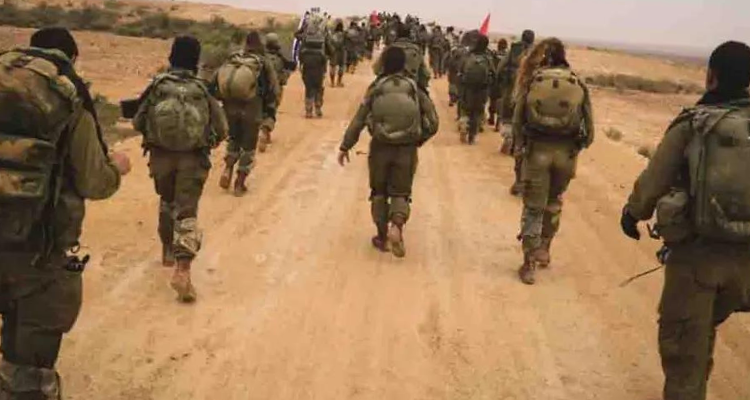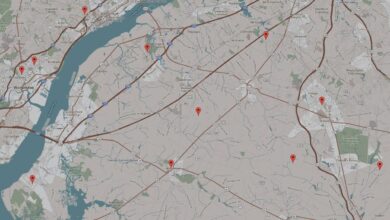
As Israel prepares for a potential operation in Rafah, it will draw upon lessons learned from previous phases of the Gaza conflict over the past five months. The ground maneuver in Gaza commenced on October 27, marking the beginning of a period rich in insights for military commanders.
The first phase, spanning from October 27 to November 24, was characterized by high intensity and followed the intense bombardment of Gaza in response to the October 7 Hamas massacre. This phase attracted significant international attention due to concerns over its widespread impact, destruction, and civilian casualties.
In this initial phase, the battle for northern Gaza was spearheaded by the 36th and 162nd IDF divisions. Approximately 12 Hamas battalions were defeated in the northern region, with engagements involving tanks and armored personnel carriers navigating through urban areas like Shujaiya, Shati, and Jabalya.
During this time, most civilians had evacuated northern Gaza in October, resulting in relatively few civilian casualties when the military operations commenced. However, civilians began returning in January and February, leading to a population of around 300,000 by March, accompanied by the resurgence of Hamas presence.
The second phase, occurring in December and January, focused on operations in Khan Younis and was led by the 98th Division under the command of Brig. Gen. Dan Goldfus.



